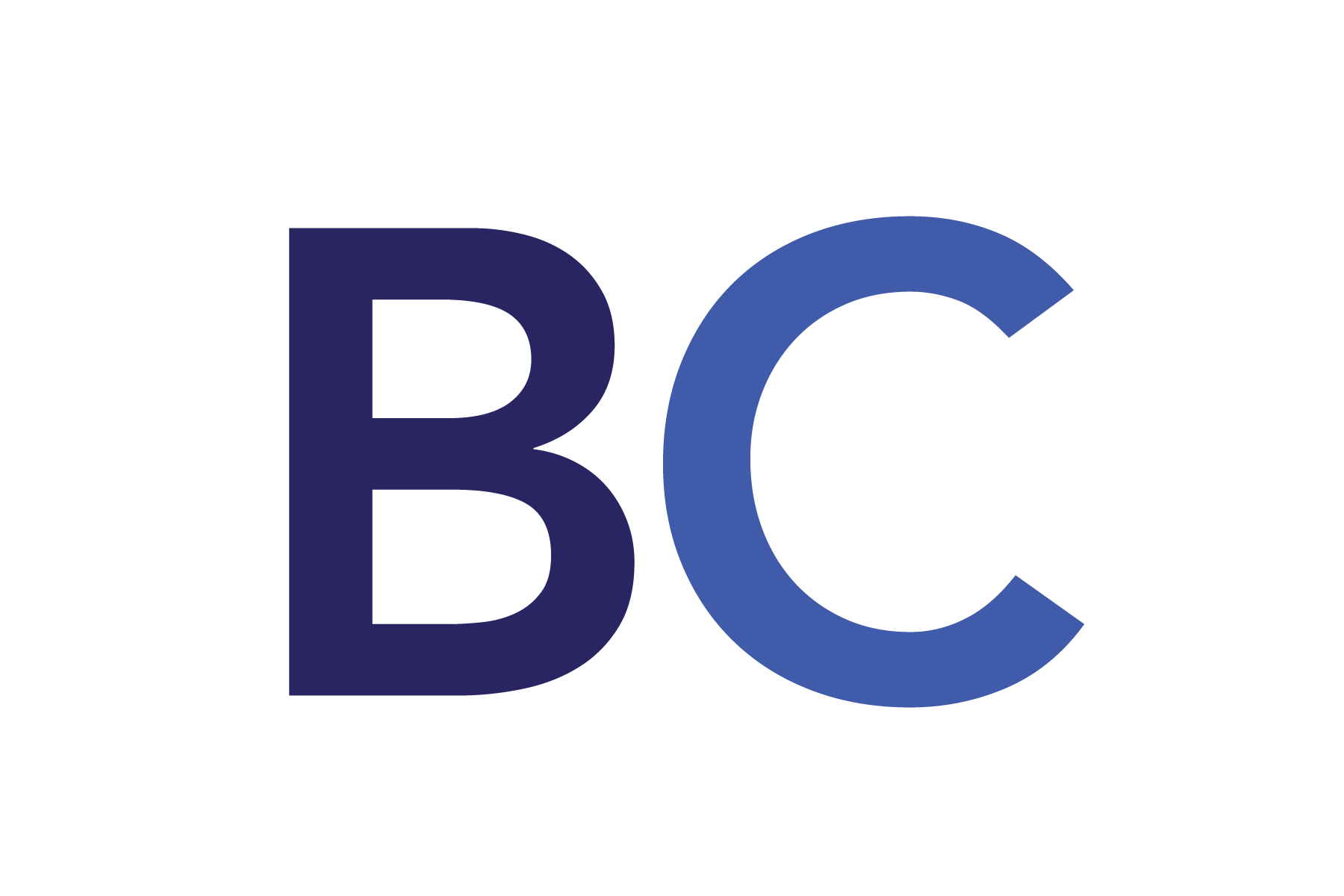As part of National Cybersecurity Awareness Month, it’s crucial to focus on proactive ways to protect your personal and financial information. A credit freeze, also known as a security freeze, is one of the most effective tools to prevent identity theft. It restricts access to your credit report, making it difficult for fraudsters to open new accounts in your name.
What Is a Credit Freeze?
A credit freeze locks your credit file so that creditors cannot access your report unless you temporarily lift the freeze. This prevents new lines of credit from being issued in your name, helping protect you from potential financial fraud.
How to Place a Credit Freeze
To place a credit freeze, you’ll need to contact each of the three major credit reporting bureaus (Equifax, Experian, and TransUnion). You can do this online, over the phone, or by mail. You’ll be required to provide personal information, including your Social Security number, and create a PIN or password to lift the freeze when needed.
Why Place a Credit Freeze?
A credit freeze is especially useful if you suspect your personal information has been compromised or if you’re concerned about identity theft. It doesn’t affect your credit score, and it’s free to both freeze and unfreeze your credit. While it prevents new accounts from being opened, it does not affect your ability to use existing credit accounts.
By taking this simple step, you can strengthen your cybersecurity defenses and help safeguard your financial future.
#CybersecurityAwareness #IdentityTheftProtection #CreditFreeze #FinancialSecurity #ProtectYourIdentity



